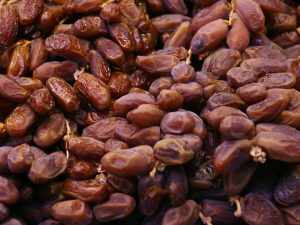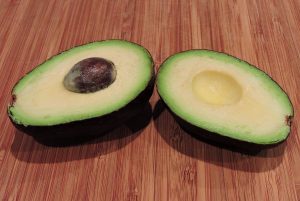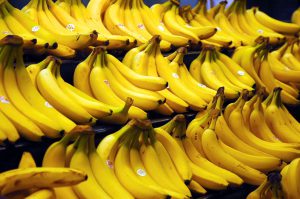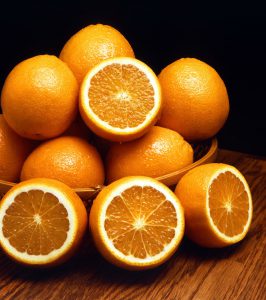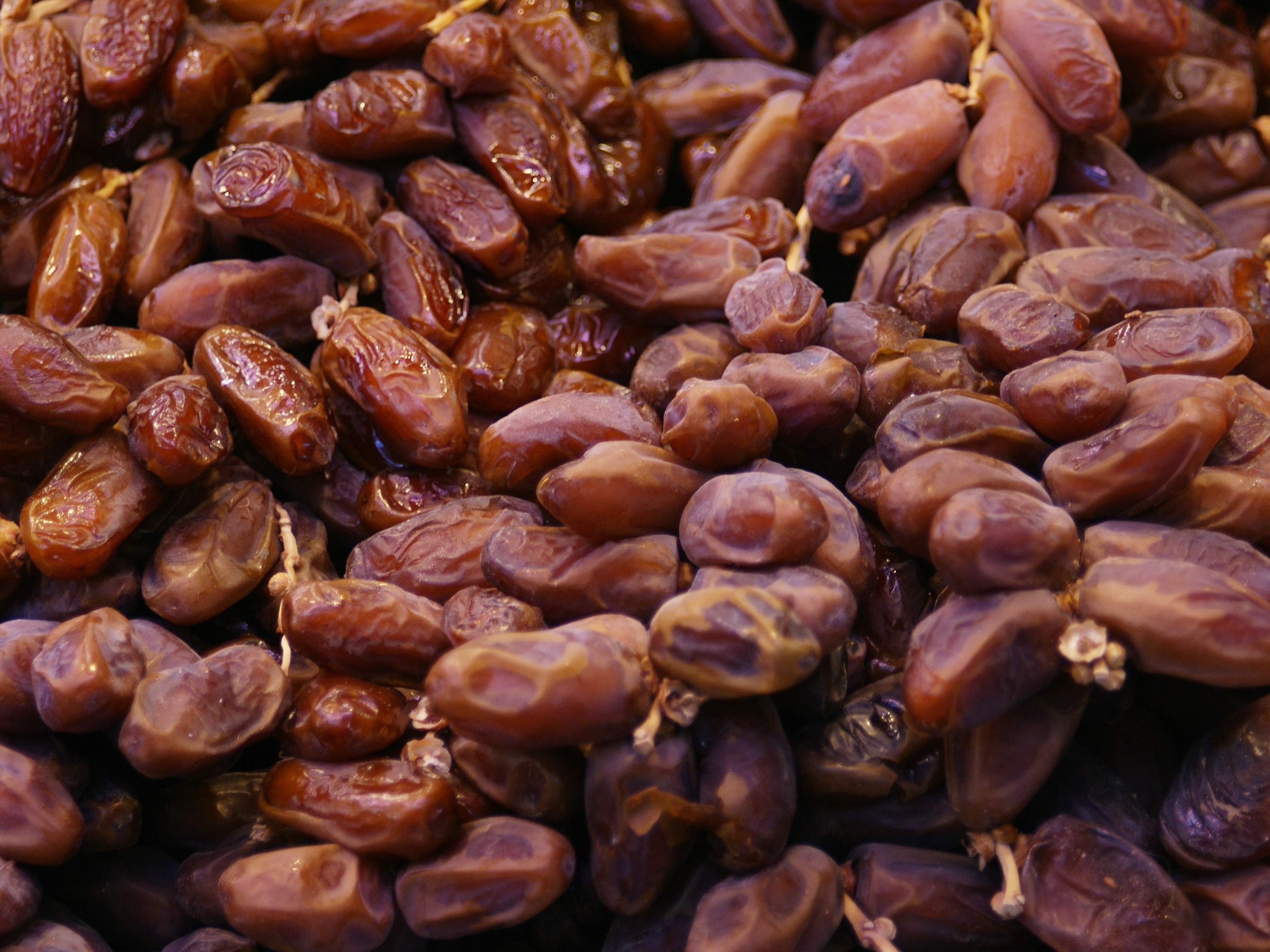
A few weeks ago, I’ve written about the benefits and how to make green smoothies. I’ve followed up that article with my pick of the best vegetables to be used for a green smoothie. In this article, I will give my recommendation of 5 of the highest amount of calorie packed fruit, that are sure to give you that energy you need in the morning.
Introducing Dates.
One of the sweetest fruits on earth, and no wonder it has 270 kcal per 100g. That is a huge amount for a fruit! In comparison, banana only has 89 kcal per 100g. Apart from it’s calorie, it is particularly high in fiber and potassium. Dietary fiber in dates helps movement of foods in your colon to pass through smoothly. Meanwhile, potassium has huge benefits in reducing possibility of stroke and blood pressure complications, enhances metabolism, acting as electrolyte to help in brain functions and nervous systems, among others. Not only that, it also has Vitamin B6, Vitamin A, Copper, Manganese and many other minerals. I would recommend to only put 3 to 5 pieces of dates into your smoothie. Dates are a nutritional powerhouse, that’s for sure, but due to it’s high calorie it advisable to only eat it in moderation.
Avocado
Second on the list is avocado with 160 kcal per 100g. It’s silky and creamy texture undoubtedly improve the texture of your smoothie. It is high in fiber, Vitamin K, B6, E, C, potassium and folate. It has a wide range of phytonutrients that makes it a good anti-inflammatory and anti-oxidant source. Avocados are high in fat. But make no mistake, it is the good type of fat, mostly monounsaturated fat. One cup of avocado can have as high as 22 grams of fat. But even with this high level of fat, studies has shown that including avocado into your daily diet can reduce heart disease risk, lowering blood levels of LDL, and lowering levels of oxidative stress in bloodstream. Again, like dates, moderation is key to this high fat fruit. No more than 1 piece per day is what I would recommend.
Banana
Next one is banana with 89 kcal per 100g and is one of my personal favorite fruit. It’s soft texture is just so addicting. Once included in a smoothie, it will give a creamy texture that is so nice to have. And it’s pretty cheap too. On the nutritional side, banana is high in Vitamin B6, C, manganese, potassium and fiber. It’s high potassium content has tremendous benefit in reducing heart related diseases and stroke.
Apple
Apple is ranked fourth with 52 kcal per 100g. “An apple a day will keep the doctor away” phrase couldn’t be farther from the truth. Apple has pectin, a form of soluble fiber that lowers blood pressure and glucose levels. It will also lower LDL levels in our body. Boron meanwhile will support development of strong bones and promote a healthy brain. Quercetin has the nature to reduce risks of cancers. It also has the potential to neutralize free radical, a symptom commonly associated as the source of age-related health problems such as Alzheimer.
Orange
Last but not least is orange with 49 kcal per 100g. A juicy and sweet fruit that is really a pleasure to have. Orange, apple and spinach is one of my favorite recipe. The sweetness in orange will be complemented by the apple, while spinach will give the smoothie it’s superb nutritional value.
It is well known that orange has a high concentration of Vitamin C. Vitamin C greatly helps as anti-oxidant and anti-inflammatory in our body. It is able to disarm free radical damage, thus reducing risks of various ailments such as asthma and osteoarthritis.
Conclusion
It is a well know fact that fruits are nutrition powerhouse. Besides that, they also provide some amount of energy, which make them a great addition to your green smoothie. Vegetables are great of course, but we cannot just rely on vegetables to give us the energy we need for our day-to-day activities.
I hope you guys like this article. Please post your comments and feedback down below in the comments section. Thank you for reading. Cheers!
*kcal is kilocalorie, a unit of energy (same as kilejoule or kJ). 1 kcal equals to 1000 calorie. Since 1 calorie is too small to be significant, kcal is mostly used to record food’s caloric value.
